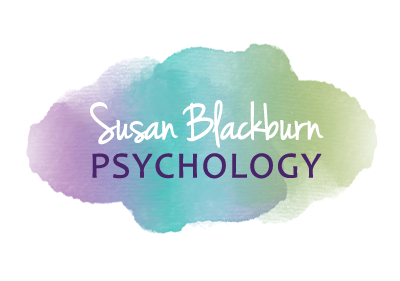Can you think of the last time you chose to be happy over being right?
It takes a lot of awareness to choose a thought that really serves to make you feel content and at peace over a thought that you insist on sticking with despite it making you feel irritated and critical.
Your ego loves to be right, but when your ego is ‘right’ it’s very much like a dragon breathing fire on yourself, like when you engage in negative self talk, or breathing fire on others, such as making a point with someone or arguing.
When we’re stressed or anxious, it’s almost impossible to think clearly and be in the present moment. Being conscious enough to keep your mind in the present instead of the past or the future allows you slow your thinking down and respond with more patience, kindness and respect.
Your higher-level thinking is capable of taking over your ego under the right conditions. These conditions are having minimal stress, feeling supported in your life and having the right tools and skills to make it happen.
You have to practice choosing thoughts that make you happy so that you can relax and override your brain’s instinctual fight or flight response.

It’s very likely that you’ve spent most of your life with your brain’s fight or flight system running the show and controlling how you think and behave. The pathways in the brain for fight or flight, adrenaline fuelled response are automatic.
Due to your brain’s neuroplasticilty developing a pattern of helpful thoughts occurs when we insist on focusing on positive, helpful thoughts. Over time, the brain pathway for helpful thinking expands while the pathway for thoughts that don’t serve you shrinks.
When choosing to focus on helpful thinking becomes more of a habit, having and holding onto these thoughts becomes dominant and automatic.
To assist with choosing good thoughts it is essential that your mind has a creative outlet as this will help improve your mood and give you an edge with problem-solving and decision-making; two functions that we rely on daily to make good choices in almost everything we do.
Unfortunately, we are unable to access much creativity when we’re stressed or anxious. While you’re feeling relatively relaxed, come up with several ‘general’ helpful thoughts you can use to combat unhelpful thinking.

Helpful thoughts are essentially any thoughts that make you feel good, inspire you, motivate you, give you energy and motivate you to take positive action. Unhelpful thoughts are any thoughts that make you feel bad.
This concept of choosing to be right or happy is critical in every relationship you have, including the relationship you have with yourself. But it becomes even more crucial in a long-term romantic relationship, We all want to be right, to be important, to be validated and supported.
Choosing to be right instead of happy serves to put your partner down and keep them feeling small and undeserving.
You might have heard the sentiment that ‘you can be right or you can be in a relationship’. There’s so much truth to this because taking any other stance beside we’re a team and I’ve got your pack creates resentment, anger and hurt.
Leading a fulfilling life includes committing to doing what works instead focusing on what’s right, wrong, fair or true. You will find it easiest if you have several previously generated helpful thoughts stored in your memory, because you won’t be able to create new helpful thoughts when you’re under stress.
Examples of unhelpful thinking are “My partner doesn’t make me a priority.”, or “He is so nice around others and moody when we’re alone.” Examples of helpful thinking are: “Providing for our family is very important to him.”, “I know she loves me a lot.” “I’m confident we’ll find the time to spend some quality time together.” “I love having the time to focus on and take care of myself.”
We’d love to hear from you! What are some of the ways you use to be mindful of being right or happy in your life?









7 Responses
Thanks for your post! I really liked reading it.
Thank you for your comment Bettie. I’m happy to hear you enjoyed it! 🙂
I really enjoyed the positive influence this article had on me!!!!
I believe in the positive power and it has changed my life. Thank you Susan!
Hi Kevin, Thank you so much for writing to let me know that this article had a positive impact on you. I’m very pleased to hear that! 🙂
I find a lot of women battle jealous comments. Especially in this age where there is a rise in social networking, there are many situtations that can provoke our insecurities. These insecurities increase our jealous thoughts. When speaking with girlfriends, especially those begginning a relationship, I find the questions are ‘do you think he’s with another woman?’ etc.
In situations like this, it is very easy to let stress and insecurities cloud our judgement. We react on our emotional response rather than logical explanations. These negative thoughts are enough to drive a person insane! It is very important to follow these guidelines and remember ‘he/she loves me’ in order to combat these thoughts.
Hi Jenna! Thank you for your comments. I agree with your perspective about insecure and jealous thoughts. It’s not easy but so worth being happy by changing our thoughts to see the glass half full instead of half empty.